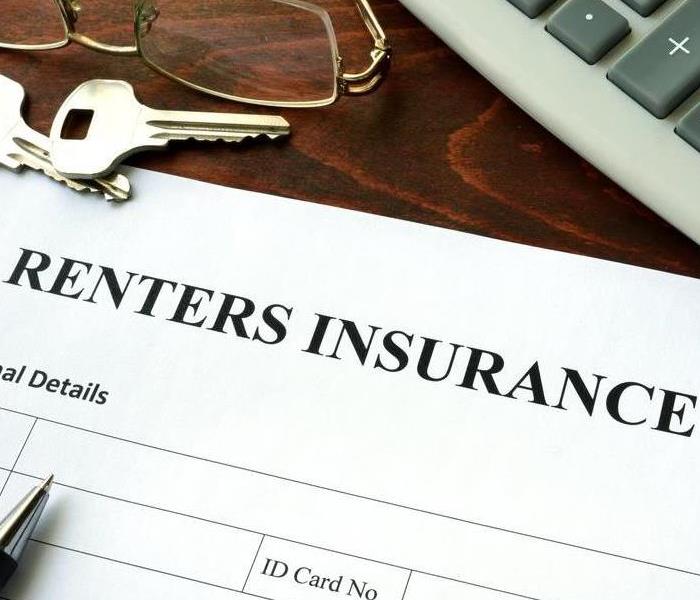Renters Insurance and Fire Damage: What You Need to Know
4/4/2023 (Permalink)
As a renter, it's important to have renters insurance to protect your personal belongings and cover any damages to the rental unit. One of the most common risks that renters face is fire damage. Therefore, it's important to understand whether renters insurance covers fire damage or not.
The short answer is yes, renters insurance generally covers fire damage. However, the coverage and amount of coverage can vary depending on your policy and insurance provider. Renters insurance typically has two types of coverage: personal property coverage and liability coverage.
Personal property coverage protects your personal belongings, such as clothing, electronics, and furniture, from damage caused by fire, theft, or other covered events. If your belongings are damaged or destroyed in a fire, your renters insurance policy will pay to repair or replace them up to the policy limit.
Liability coverage protects you if you're held responsible for damage to someone else's property or for injuries sustained by someone while on your rental property. For example, if you accidentally start a fire in your apartment that spreads to your neighbor's unit, your renters insurance policy may cover the damages to their property.
It's important to note that while renters insurance covers fire damage to your personal property and liability, it may not cover the physical structure of the rental unit itself. That's because the landlord is typically responsible for insuring the building and any structural damage caused by fire or other covered events.
Therefore, it's a good idea to check with your landlord and insurance provider to make sure you have adequate coverage in case of a fire. You may also want to consider additional coverage options, such as loss of use coverage, which covers the cost of temporary living expenses if your rental unit becomes uninhabitable due to fire damage.
In addition to having renters insurance, there are steps you can take to reduce the risk of fire damage in your rental unit. Some tips include:
Install smoke detectors: Make sure your rental unit has working smoke detectors in every room, and test them regularly.
Don't overload electrical outlets: Avoid using too many appliances or electronics on one outlet or extension cord, as it can cause an electrical fire.
Be careful with open flames: Don't leave candles, cigarettes, or other open flames unattended.
Keep flammable materials away from heat sources: Keep items like curtains, paper, and cleaning supplies away from heaters or other heat sources.
In conclusion, renters insurance typically covers fire damage to your personal property and liability, but may not cover the physical structure of the rental unit. It's important to have adequate coverage and take steps to prevent fire damage in your rental unit.





 24/7 Emergency Service
24/7 Emergency Service
